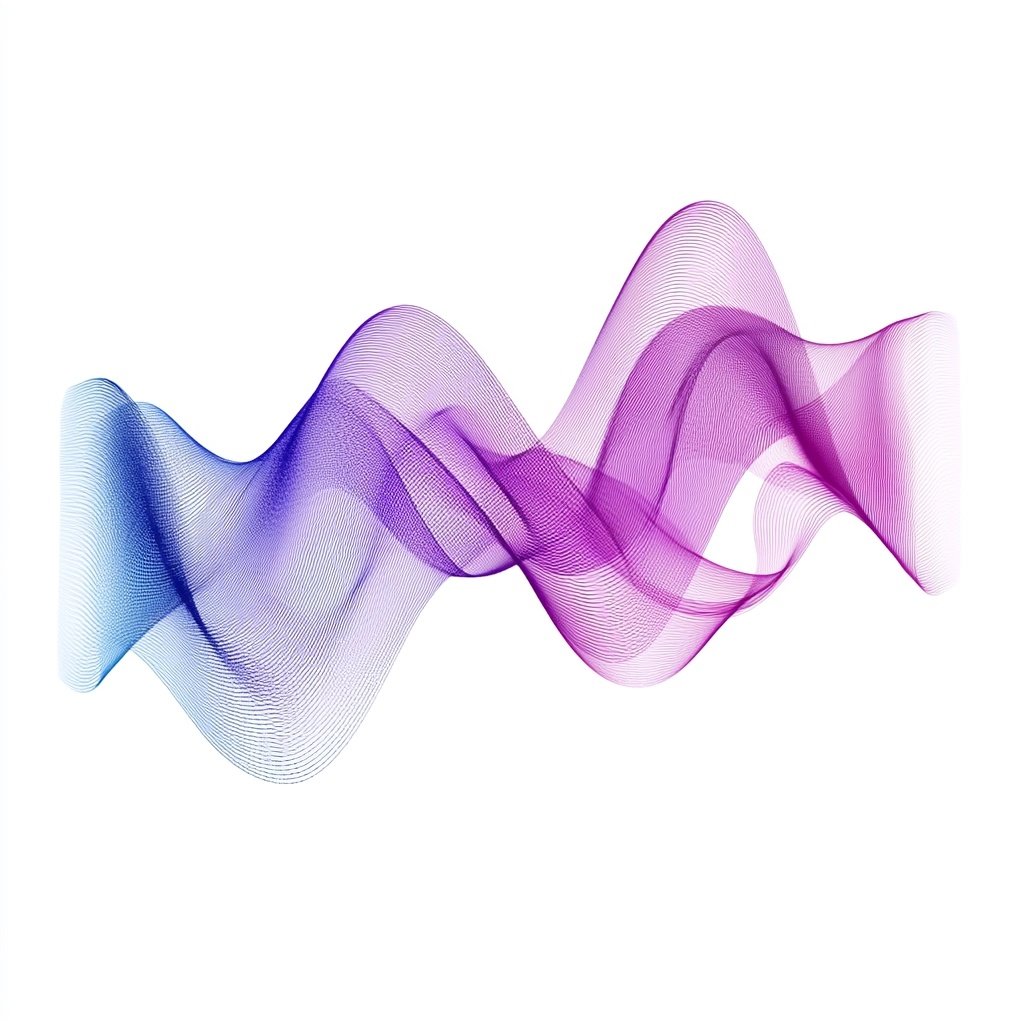How Sleep Impacts Mental Health
The science of rest, regulation, and why your brain needs rhythm
We know sleep matters. But in the quiet hours when your body feels wired and your mind won’t stop spinning, that knowledge doesn’t help much.
You want rest—not just physically, but mentally, emotionally, and spiritually.
The link between sleep and mental health is deep and well-documented. Poor sleep doesn’t just make you tired—it can affect your mood, focus, memory, stress levels, and emotional resilience. Over time, chronic sleep issues can make anxiety, depression, and trauma symptoms harder to manage.
The good news? Your nervous system is built to heal. And one simple, often-overlooked tool that can help is EMDR music.
Sleep and the Nervous System: Why It’s More Than Just “Rest”
When we sleep, the brain does essential work:
It processes emotional memories
It clears out stress hormones
It regulates the fight-flight-freeze response
It strengthens the ability to focus and respond rather than react
But when stress builds up—or trauma lives unresolved in the body—sleep can feel hard to access. You might:
Lie in bed wide awake, even when exhausted
Wake up at 2 a.m. with a racing mind
Feel anxious at night, without knowing why
This is your nervous system doing its best to stay “on alert.” And that’s where bilateral sound comes in.
How EMDR Music Supports Sleep
EMDR music uses bilateral auditory stimulation—gentle tones that alternate from left to right in your headphones. This creates a rhythmic pattern that speaks directly to your nervous system.
It’s based on the same principle as EMDR therapy (Eye Movement Desensitization and Reprocessing), which helps the brain process stored stress and trauma by activating both hemispheres of the brain.
Here’s how EMDR music helps you fall asleep and stay asleep:
Signals safety to the brain through repetitive, grounding sound
Lowers cortisol and helps regulate stress hormones
Eases emotional intensity stored in the body
Transitions the mind out of rumination and into rhythm
Creates a soothing sensory container that helps the body unwind
Unlike guided meditations or podcasts, EMDR music is non-verbal. That means no one talking at you—just space to be, breathe, and let your system settle.
EMDR Music for Sleep: When to Use It
Before bed to help your body transition out of stress mode
During nighttime wake-ups when anxiety creeps in
While napping or resting to create a calming environment
After an emotional day to soothe your system
You can pair it with other nervous system supports like weighted blankets, journaling, or deep breathing. Or just close your eyes, press play, and let the sound do its work.
You Deserve Deep Rest
If you’ve been caught in the cycle of exhaustion and emotional overwhelm, you’re not alone. Sleep struggles are common—but they’re not something you have to push through or fix overnight.
Bilateral sound is a gentle way to support your mind and body as you learn to rest again.
Even five minutes can make a difference.
